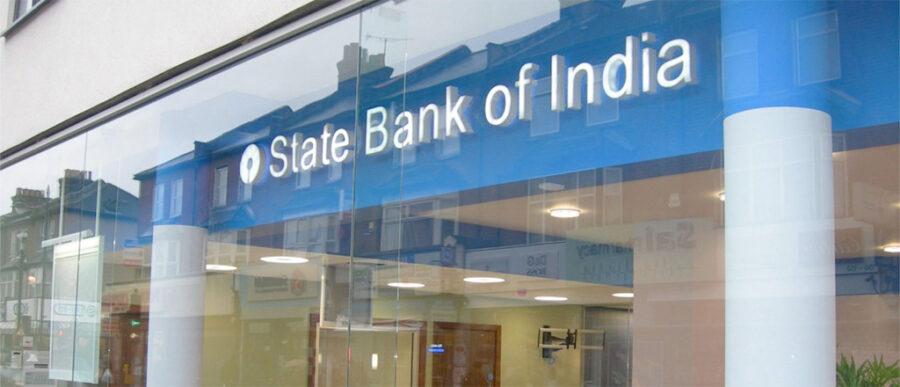Policymakers must manage inflation without damaging the economy or financial markets, the paper claims.
Chennai: The State Bank of India (SBI) said in a study that with the possibility of a global recession, the central banks in many nations may unwind the rates when inflation cools off and the slowdown begins to bite.
Policymakers must manage inflation without damaging the economy or financial markets, the paper claims.
The growth and competitive environment are impacted by higher capital costs, which results in reduced operating margins, favouring existing market participants over new entrants, according to the research.
In 2022, financial markets have remained tense and turbulent as a result of central banks all over the world raising interest rates at the same time.
In fact, the SBI said, “this is in stark contrast to the post-global financial crisis of 2008, when all central banks had lowered rates simultaneously, although central banks in respective nations had independently opted to end loose monetary policy, including India.”
The analysis predicts that as the economic cycle slows, the correlation between stock and bonds will decrease.
Investors have more difficulties when both bond and equities prices decline Prices decline in tandem.
The current year’s allocation to fixed income has been a difficult one since the low yield on government bonds makes it harder for investors to recover losses during bad markets.
Positive or negative news is taken into account by equity markets to fairly value stocks. According to the survey, investors frequently compare the yields of both short-term and long-term government securities when choosing their asset allocation in equities markets.
The Indian equities markets recorded the greatest performance on a relative scale in terms of returns and volatility in 2022, the SBI claimed, despite the fact that they were turbulent.







